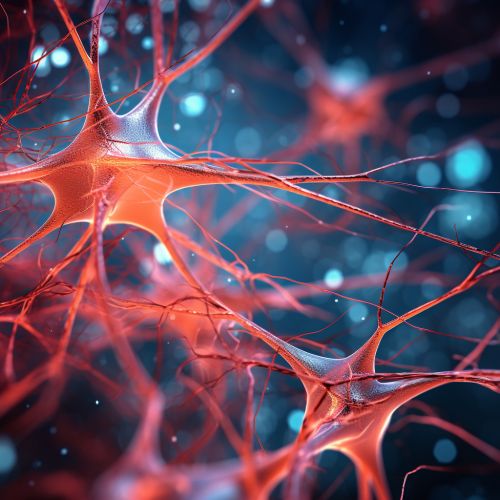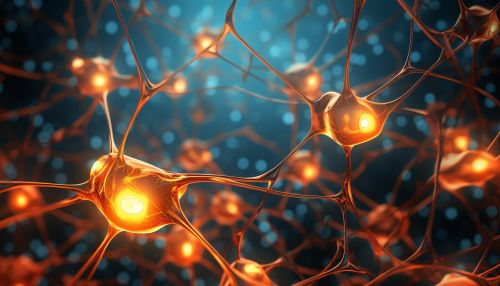Neurobiological Theory
Introduction
The Neurobiological Theory is a scientific approach that seeks to explain human behavior through the lens of the brain and its functions. This theory posits that all behaviors, thoughts, and emotions are products of the brain's complex network of neurons and their biochemical interactions. This perspective is rooted in the field of neuroscience, which studies the structure and function of the nervous system and brain.


Historical Background
The Neurobiological Theory has its roots in the 19th century with the advent of modern neuroscience. Early pioneers like Paul Broca and Carl Wernicke made significant contributions to our understanding of the brain's role in behavior and cognition. Their work laid the foundation for the development of the Neurobiological Theory, which has since evolved with advancements in technology and research methodologies.
Key Concepts
The Neurobiological Theory is centered around several key concepts, including:
Neural Networks
Neural networks refer to the interconnected web of neurons in the brain. These networks are responsible for transmitting and processing information, which ultimately influences behavior. The study of these networks is a key component of the Neurobiological Theory.
Neurotransmitters
Neurotransmitters are chemical messengers that transmit signals across a synapse from one neuron to another. They play a crucial role in the functioning of the brain and are believed to influence a wide range of behaviors and psychological states.
Brain Structures and Functions
The Neurobiological Theory emphasizes the role of specific brain structures in governing behavior. For example, the amygdala is associated with emotional responses, while the hippocampus is involved in memory formation.
Genetic Influences
The Neurobiological Theory also considers the role of genetics in shaping the brain's structure and function. It posits that genetic variations can influence the development and functioning of the brain, thereby affecting behavior.
Applications
The Neurobiological Theory has been applied in various fields, including psychology, medicine, and education. In psychology, it has been used to understand and treat mental disorders. In medicine, it has informed the development of treatments for neurological disorders. In education, it has guided strategies for enhancing learning and memory.
Criticisms
Despite its contributions, the Neurobiological Theory has faced criticism. Some argue that it oversimplifies human behavior by reducing it to mere brain functions. Others contend that it neglects the role of environmental factors in shaping behavior.
Conclusion
The Neurobiological Theory offers a valuable framework for understanding the biological basis of behavior. While it may not provide a complete explanation for all aspects of human behavior, it contributes to a more comprehensive understanding by highlighting the role of the brain and its functions.
